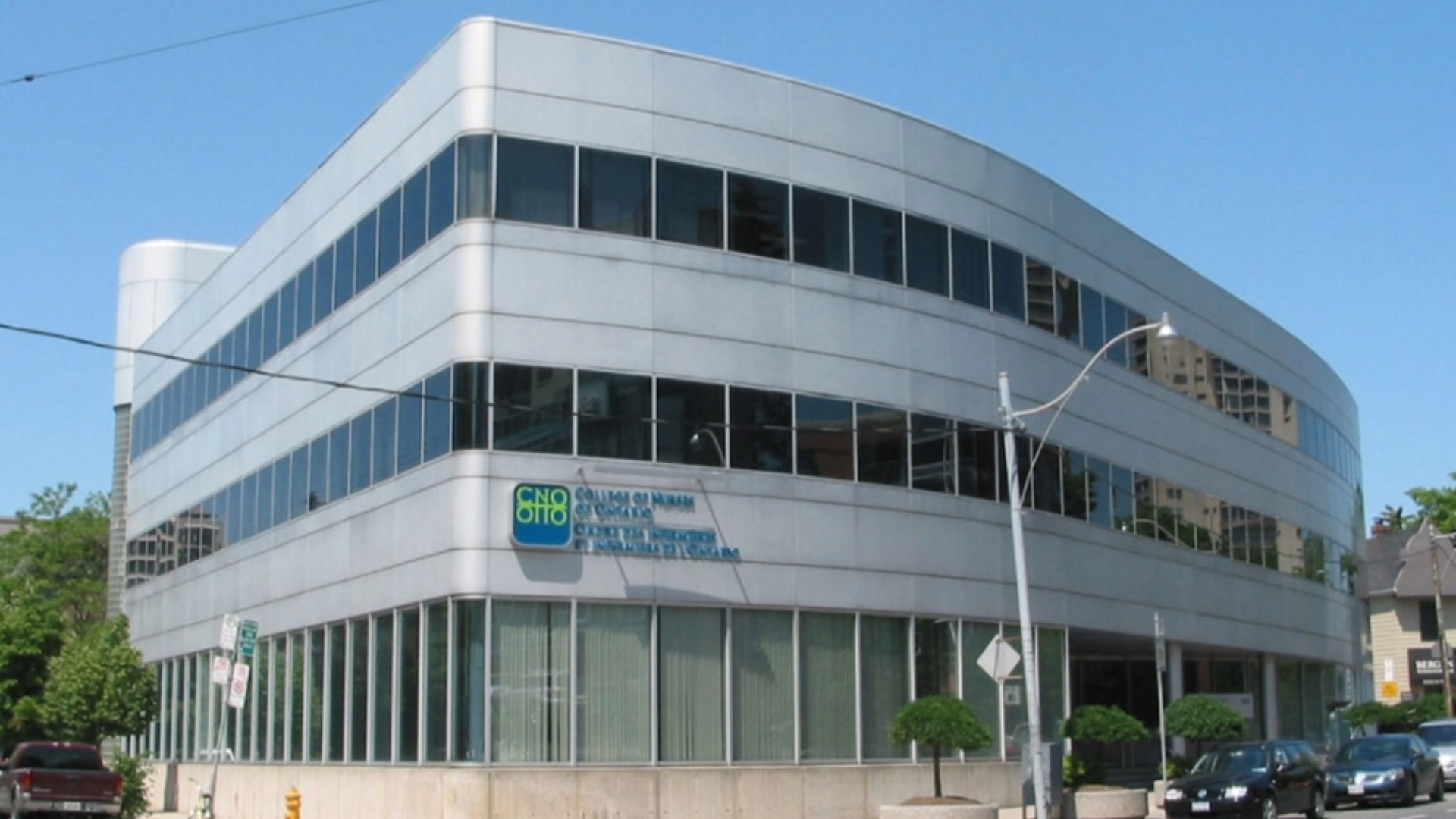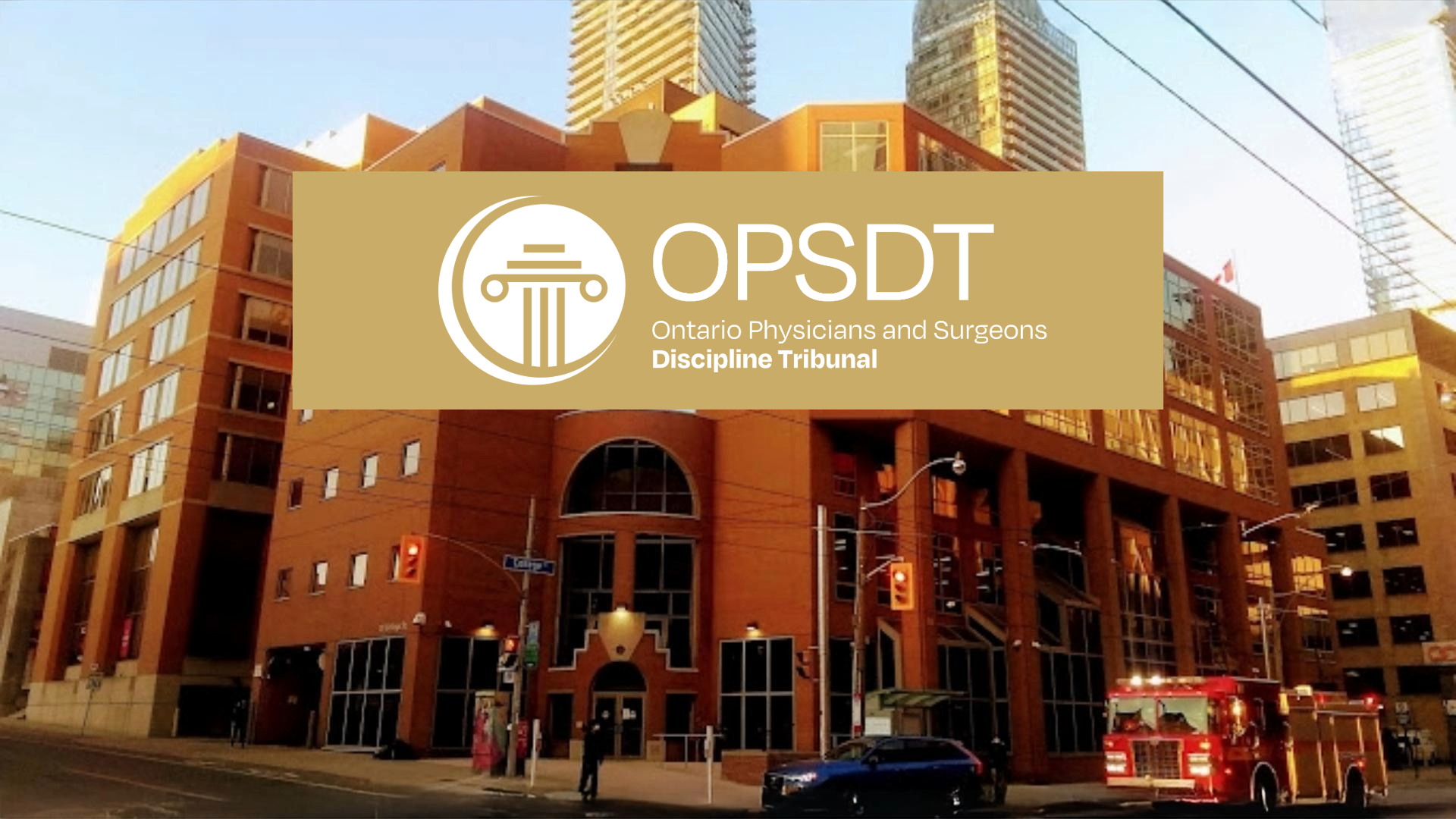
Nurse Alters Morphine Record, Patient Dies: CNO Orders Permanent Resignation
A Profound Breach of Trust in End-of-Life Care In CNO v. Lindsey Coyle, the Discipline Committee of the College of Nurses of Ontario addressed one

On December 31, 2024, Justice Leiper of the Ontario Superior Court of Justice found a gyne-oncologist negligent for having caused a 1-2 cm bowel perforation in a patient during a laparoscopic hysterectomy which was unrecognized intraoperatively and that led to fecal peritonitis, sepsis, multiple surgeries and a colostomy.
On July 20, 2015, the plaintiff had a hysterectomy at St. Michael’s Hospital in Toronto. Her gynecologist, Dr. Sari Kives, was assisted by two doctors: a surgical resident, Dr. Yeung and a post-graduate fellow, Dr. Cancelliere.
After the surgery, Ms. Szeto’s sister was told that it was a “textbook” surgery. Dr. Kives testified that she had not seen anything during the surgery that caused her to be concerned about any complications.
Damages were settled prior to trial. The only issues were whether the defendant physician breached the standard of care and caused injury to the patient’s bowel.
Dr. Tien Le was qualified an expert in gynecological and minimally invasive surgery and to testify on the standard of care in Ms. Szeto’s surgery.
Dr. Le is a gynecologic oncologist and former Chair of the Division of Gynecologic Oncology at the Ottawa Hospital. Dr. Le has practised medicine since 2002. He has expertise in minimally invasive surgery, both laparoscopic and robotic. He has performed or supervised over 500 robotic procedures involving the removal of the female reproductive organs. He is a proctor who mentors new gynecologic oncologic robotic surgeons. He is also a professor of medicine at the University of Ottawa. He has authored or co-authored multiple publications in peer-reviewed journals.
Dr. Ronald Holliday was qualified to testify on the cause of Ms. Szeto’s bowel perforation.
Dr. Holliday is Professor Emeritus with the Department of Surgery at Western University and a retired physician. He worked as a teaching general surgeon for 36 years with Victoria Hospital in London, Ontario, with 70-75% of his surgical practice devoted to abdominal surgery. Dr. Holliday has expertise in the diagnosis, assessment, and treatment of bowel perforations, having dealt with 30-50 cases of bowel perforation a year over his 36-year career. Since 1973, Dr. Holliday has been a professor at Western University. In his clinical capacity, he has consulted with gynecologists concerning reproductive organs and concerns about bowel injuries.
Dr. Marcus Bernardini was qualified as an expert in gynecologic and minimally invasive surgery to testify on the standard of care and the cause of the bowel injury in Ms. Szeto’s case.
Dr. Bernardini is a gynecologic oncologist and the Division Head of the Gynecologic Oncology, Obstetrics and Gynecology department at the University of Toronto, University Health Network, and Mount Sinai Hospital in Toronto. Dr. Bernardini has practised medicine since 2008. He has expertise in minimally invasive surgery, including robotics. In 2010, he was chosen to lead the robotics program at the University Health Network in Toronto. Dr. Bernardini has published numerous peer-reviewed papers in his area of clinical practice, including 8-10 papers on robotics. Since 2015, he has been an Associate Professor of Gynaecologic Oncology at the Faculty of Medicine, University of Toronto.
In adjudicating surgical negligence claims, the court must often make factual determinations of what occurred during the surgery in order to extrapolate whether the the standard of care was met or not. This must be done in the face of competing facts and opinions arising from the medical records and testimony of the witnesses.
In this case, the trial judge made a number of important factual findings in coming to the conclusion that Dr. Szeto fell below the standard of care:
Furthermore, the trial judge determined that Dr. Kives did not go back before the conclusion of the surgery to carefully inspect for bowel damage, either under magnification, or with instruments, for three reasons:
The gynecology oncology experts on both sides agreed that bowel injury is a known, and serious risk in reproductive organ removal surgery of this type. Every gynecologist is expected to know that bowel injury carries a high risk of morbidity or mortality. As a result, gynecologists must be vigilant in detecting bowel injury during surgery.
In accordance with that vigilance, both experts agreed that the standard of care in circumstances where there had been removal of substantial adhesions involving the bowel, requires “the surgeon to re-examine the area carefully at the end of the case and document that no injuries were sustained during the procedure.” Adhesions present an additional risk to the bowel because they can closely resemble the bowel, and they can make the bowel “adherent” that is, unable to move.
Based on the above findings, the trial determined that Dr. Kives did not re-examine the bowel area at risk at the end of the surgery. She did not document any re-examination of that area, nor did she document a positive finding that no injuries were sustained during the procedure. All expert witnesses agreed that had she done so, an injury as significant in size as this one, between 1-2 cm, would have been detectable on examination. This injury existed and was detectable.
The plaintiff advanced an alternate argument that even if the trial judge had found that Dr. Kives had gone back to inspect the bowel, that she still fell below the standard of care by failing to manipulate the bowel to check for damage. The trial judge accepted the expert evidence that Ms. Szeto had additional risk factors that would have required this step. These risk factors were i) the significant adhesions; ii) the perforation of the fundus by the uterine manipulator; iii) Ms. Szeto’s body fat; and iv) the documented epiploica on the bowel.
The trial judge found that Dr. Kives did not meet the standard of care during the surgery which damaged Ms. Szeto’s bowel. The trial judge found that the injury happened during the surgery conducted by Dr. Kives. It was a significant injury, a perforation measuring 1-2 cm. Dr. Kives failed to adequately inspect the bowel prior to closing, discover, and ensure the perforation was repaired. Had she done so, it is likely, on the expert evidence that the emergency surgery and complications arising from the peritonitis would have been avoided. However, the failure to detect and repair the damage to her colon meant that Ms. Szeto suffered fecal peritonitis and sepsis which required urgent surgery to save her life within 36 hours of the laparoscopic hysterectomy.
In conclusion, Dr. Kives’ failure to meet the standard of care caused Ms. Szeto’s damage. But for Dr. Kives’ failure to conduct the necessary careful inspection, the additional complication would have been discovered and repaired. Ms. Szeto would not have suffered the damage that she did. Dr. Kives was found liable in negligence to Ms. Szeto.
Decision Date: December 31, 2024
Jurisdiction: Ontario Superior Court of Justice
Citation: Szeto v. Kives, 2024 ONSC 7258 (CanLII)

A Profound Breach of Trust in End-of-Life Care In CNO v. Lindsey Coyle, the Discipline Committee of the College of Nurses of Ontario addressed one

What College of Physicians and Surgeons of Ontario v. Thirlwell, 2026 ONPSDT 5 Means for Patients and Public Trust In College of Physicians and Surgeons

Estate of Henders v. Lakeridge Health Oshawa, 2026 ONSC 701 In a significant decision for medical malpractice and long-term care litigation in Ontario, the Superior

What CPSO v. Faruqi Means for Patients and Physicians On January 21, 2026, the Ontario Physicians and Surgeons Discipline Tribunal released an important decision addressing